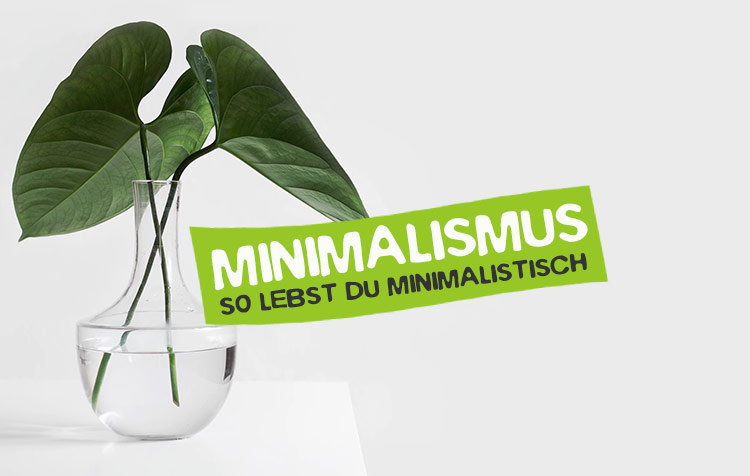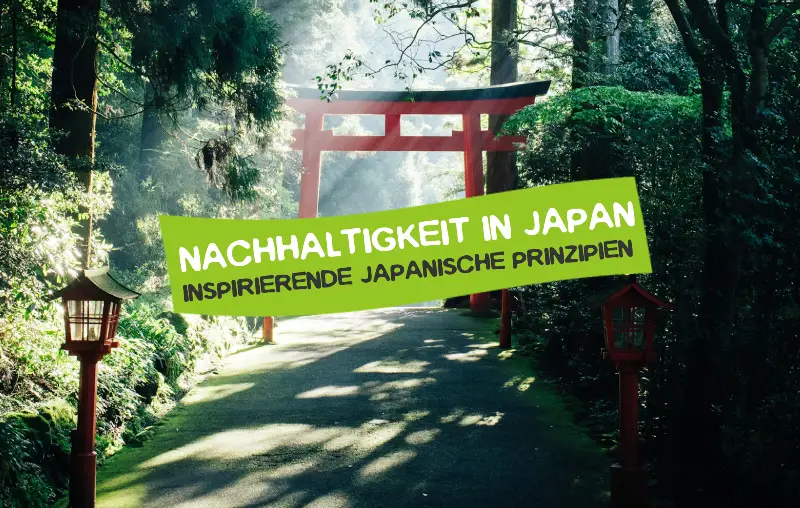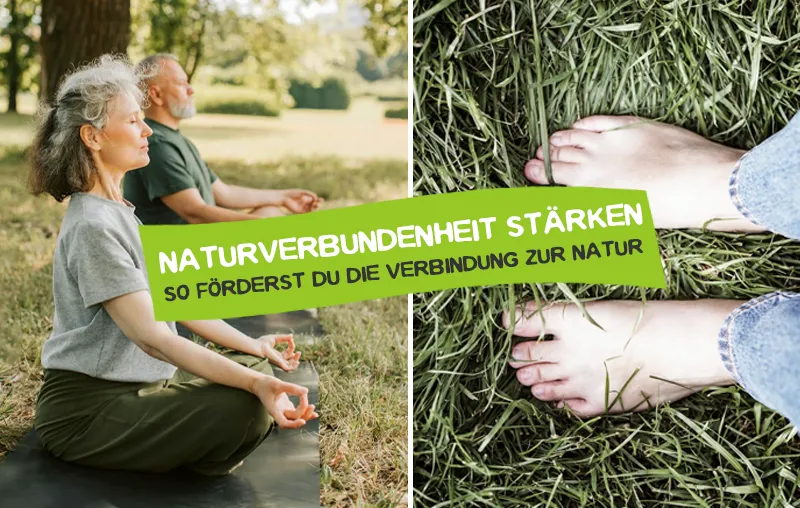Want to know why wild herbs should be on your plate more often? Then you've come to the right place! They often grow by the wayside, in meadows or even in your own garden and are hardly noticed - yet they have amazing value. Anyone who takes a closer look at the wild plants that thrive in our natural environment will soon discover that they are not only a symbol of naturalness and originality, but also real powerhouses for the body, kitchen and climate.
In this article, I'll give you lots of good reasons to eat more wild herbs - whether as a snack on a walk in the forest or as a fixed ingredient in your meals. Let's go!
1. wild herb snacks grow right on your doorstep
You don't have to look far for them! Edible wild plants such as Goutweed, Dandelion, Daisies or Chickweed can be found almost everywhere.
All you have to do is with open eyes stroll through your home or natural landscapes. Because if you don't consciously look for wild herbs, it's easy to overlook them.
Why eat wild herbs? Because they grow on every corner!
Tip: You can also buy a Create a wild corner in the gardenwhich is valuable for bees, butterflies, beetles and also your own wild herb cuisine - and makes it even easier for you to find plants 🙂
2. wild herbs can be enjoyed without risk or a guilty conscience
In contrast to over-bred cultivated plants, wild herbs are seed-resistant and reproduce themselves - So you don't need to have a guilty conscience when picking.
However, it is important that you only take wild plants that you can identify with certainty! As with Wild garlic (edible) and Lily of the valley (poisonous) or Goutweed (edible) and Hemlock (poisonous) there is an acute risk of confusion with some wild herbs.
But don't worry! Through the year with edible wild plants* - this is my Book tip for safe identification, collection and preparation for you!
3. wild plants provide you with a concentrated load of nutrients
Why eat wild herbs? Mainly because you will benefit health-wise! Wild herbs are real nutritional grenades and often contain more Vitamins, Minerals and secondary phytochemicals as a cultivated vegetable.
For example Nettles about Ironvitamin C and chlorophyll. Even the often demonized Dandelion is full of vitamin C as well as vitamins A, B and D. Eating it also provides your body with minerals such as potassium, magnesium and Calcium.
Speaking of which! Incidentally, dandelion is also one of the extremely insect-friendly weedsthat have absolutely not earned their name. What else is important for the Biodiversity can be found in the linked blog post.
4. time in nature is fun and wildcrafting is a hobby
Collecting and eating wild plants brings you Out into the fresh airpromotes mindfulness and Strengthens your connection to nature. It quickly becomes fulfilling leisure activity - you are constantly learning, sharpening your senses and developing a new sense of your surroundings.
And almost in passing, you will also much more relaxedif you "bite the dust" - in the truest sense of the word - more often.
5. consumption of wild plants protects the climate and the environment
Growing wild herbs without artificial irrigation, monocultures, pesticides and Long transport routes - It could hardly be more sustainable. Using them instead of imported and cultivated food saves resources, CO2 and packaging waste.
This makes wild herbs a simple, natural way to improve your own health. reduce our ecological footprint - whole without renunciation. On the contrary: you get to know lots of new snacks.
6. wild plants can be enjoyed fresh at any time of year
Different herbs grow depending on the season: In spring you will find dandelions and wild garlicyarrow or ribwort plantain in summer. Even in winter, robust species such as ground ivy and daisies can be found.
So if you know a little about it, you can Fresh wild herbs all year round collect.
Book Tip: Would you prefer to get to know edible wild herbs in a humorous and rustic way? Then I can warmly recommend the book Eating wild plants* Survival Siglinde will explain everything to you in detail 😉.
7. wild herbs are free and make you more independent
You don't have to buy them, you don't have to grow them and you don't have to rely on supermarkets. Wild herbs are the perfect supplement for anyone who wants to be self-sufficient or live more independently. They provide Nutrients for free - directly from nature, without packaging, without costs - and at any time.
A fine example of how a Sustainable lifestyle not expensive must be!
8. consumption of wild herbs naturally prevents diseases
Eating wild herbs will help you with this, grow old healthy! For example Creeping groundsel* anti-inflammatory and antihypertensiveMeadowsweet antipyretic and garlic rocket Digestive support.
The wild plants can therefore Relieve discomfort in a natural way or prevent it - completely without chemicals and side effects. (Again, the right book tip: Eating wild plants*)
9. enjoy organic wild plants fresh from nature without pesticides
Wild herbs grow where nature regulates itself. No artificial fertilizers, no sprays - only genuine, uncontaminated plant power. If you collect in clean places, you will get food that is often of higher quality than many organic products from the supermarket.
Why eat wild herbs? Because they are not only good for your wallet, but also for your health. healthy diet offer.
10. wild herbs bring a variety of flavors to the kitchen
Wild herbs are also simply incredibly tasty and offer you a wide range of flavors! The wild carrot tastes like this, for example spicythe wild strawberry sweet, rowan berries bitter-sour, Horseradish hot and the leaf of the spotted deadnettle mushroom-like.
If you take a closer look at wild herbs, you will soon realize that they open the door to an incredibly diverse "wild cuisine". You can use them Wonderful with salads, soups, pestos or smoothies process. Goutweed, for example, replaces parsley, which Ground ivy* brings a culinary depth to your dips - and sorrel goes perfectly in a quark.
This is how every meal more creative - and healthier.
Why eat wild herbs? Because they are great!

As you can see, wild herbs are much more than just "weeds" - they are Healthy, sustainable and completely free gifts from naturethat also taste really delicious! And if you treat them as such, you'll soon realize how much joy and variety they bring to your everyday life.
Whether for health, cooking, general knowledge or the soul - it's worth sharpening your eye for the wild things by the wayside. So grab a cloth bag, go out and see for yourself what wonderful things are growing there. And who knows: maybe the next superfood will grow right on your doorstep! 🙂
"Nature is the best pharmacy.„
Sebastian Kneipp (more at Nature Quotes)
In conclusion once again two absolute book recommendationswhich will make it much easier for you to start feeding wild plants:
- Through the year with edible wild plants* (with tips on identifying, collecting and preparing)
- Eating wild plants* (with expert knowledge from the truly wild survivalist Siglinde 😉 )
Do you have any questions, suggestions or do you know any other good reasons to eat wild herbs? Then write me a comment!
Stay wild, mindful and close to nature,

PS: Also with wild bee-friendly berry bushes you can snack on wild plants and do something against species extinction at the same time! Fancy it? In the linked article, I show you which berries are particularly valuable from an ecological point of view.




